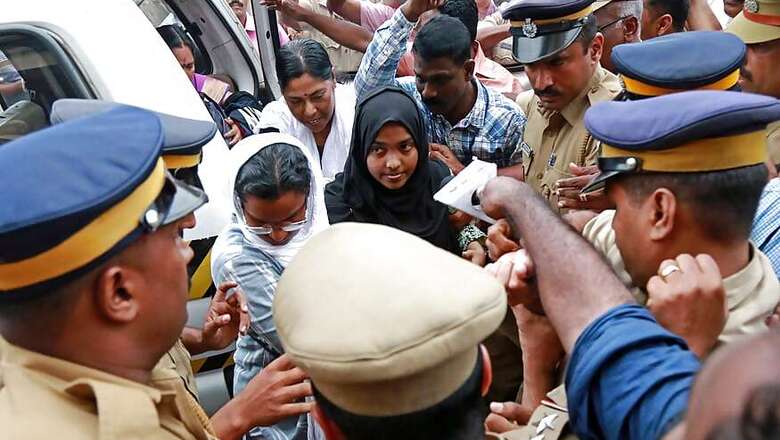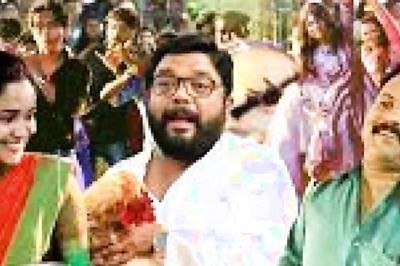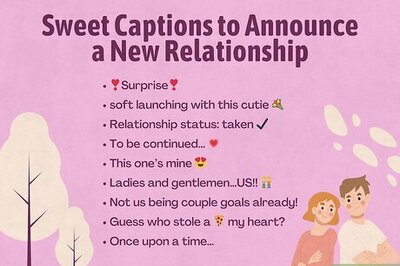
views
New Delhi: Commencing final hearing in the Kerala ‘Love Jihad’ case, the Supreme Court on Thursday said a court cannot judge a person's choice to marry another person.
A bench, headed by Chief Justice of India Dipak Misra, observed that it is not for a court to sit over the decision of an adult to marry someone.
"We cannot say this marriage is not in her best interest. We can't decide whether it is a right choice or not. We cannot annul a marriage on this ground that the person she has married is not the right person," commented the bench, also comprising Justices AM Khanwilkar and DY Chandrachud.
The bench made these observations for the marriage of the 25-year-old woman to a Muslim man after her own conversion to Islam was annulled by the Kerala High Court last year. The HC had noted that the marriage was a “sham”, and was conducted only with the purpose of taking her out of the jurisdiction of the HC, which had already ordered for a police probe into such conversion of young women.
As senior counsel Shyam Divan, appearing for the woman's father, justified the HC order in what he dubbed as "extraordinary facts", the judges wondered if a marriage between two consenting adults can ever be a part of a court's jurisdiction.
"We called her here and interacted with her. She has said she married out of her free will. So what troubles us is the fact that in such a situation, can a court annul a marriage? Where is the power to examine whether the consent is genuine or not? And then can we say that in this case, the consent is genuine and in another, it is not," asked the bench.
Divan pointed out that the HC order was passed only after there were materials to show that a well-oiled apparatus was working to convert these 'vulnerable adults' for illicit purposes and therefore, the HC was justified in exercise of its power under Article 226 to protect her by nullifying the marriage.
"If somebody has some connection with illegal acts, law will take its own course... if government has credible information about groups of citizens being recruited overseas for illegal purposes, government has sufficient powers to prevent their travel. But when we are dealing with a relationship under the personal law, can a court intervene and say the consent doesn't look genuine in this case?" it asked Divan.
The bench added that a court will not stand in the way of the government in exercising its power under the law nor a court will forsake its jurisdiction on trafficking but the moot question will be how to get into issues of marital status.
About 'vulnerable witness', the court observed that it is a subjective concept but the law is perhaps alien to such subjectivity.
As arguments remained inconclusive, the bench posted the case for hearing on March 8.
The court also took on record the affidavit filed by the woman on Monday and gave a week to other parties to respond to it.
It also expunged accusations levelled by the woman against activist Rahul Easwar in her affidavit about “unauthorisedly” meeting her and recording her on his camera. After Easwar's lawyer objected to the allegations, the woman's lawyer agreed to withdraw the averments against him.

















Comments
0 comment